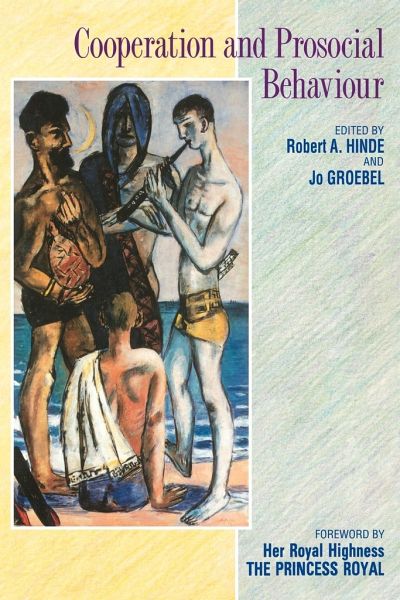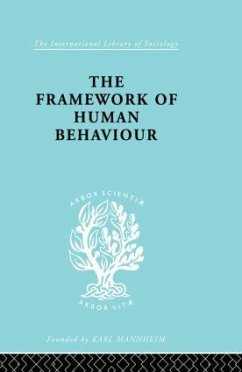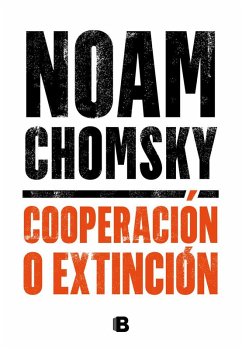
Cooperation and Prosocial Behaviour

PAYBACK Punkte
42 °P sammeln!
An increasing number of people accept competitiveness as a basis for living. However, while competitiveness may have its place, cooperation is more important in many contexts, and interpersonal relationships are the most important elements in our lives. This is true not only of individuals, but also of groups and nations. In this book, prominent authors have come together to consider the nature of cooperation and prosocial behaviour at levels of social complexity ranging from the individual to the international. Successive sections cover key topics such as the relations between cooperation in ...
An increasing number of people accept competitiveness as a basis for living. However, while competitiveness may have its place, cooperation is more important in many contexts, and interpersonal relationships are the most important elements in our lives. This is true not only of individuals, but also of groups and nations. In this book, prominent authors have come together to consider the nature of cooperation and prosocial behaviour at levels of social complexity ranging from the individual to the international. Successive sections cover key topics such as the relations between cooperation in animals and humans; the development of prosocial propensities in humans; aspects of the situation and of personality that increase the probability that individuals will behave prosocially; the relationships between trust, cooperation and commitment; and cooperation between groups and nations. Case studies illustrating the important issue of international cooperation are also included. The chapters are integrated by a series of useful editorials which emphasise that a full understanding of cooperation and prosocial behaviour requires us to move between different levels of social complexity.














